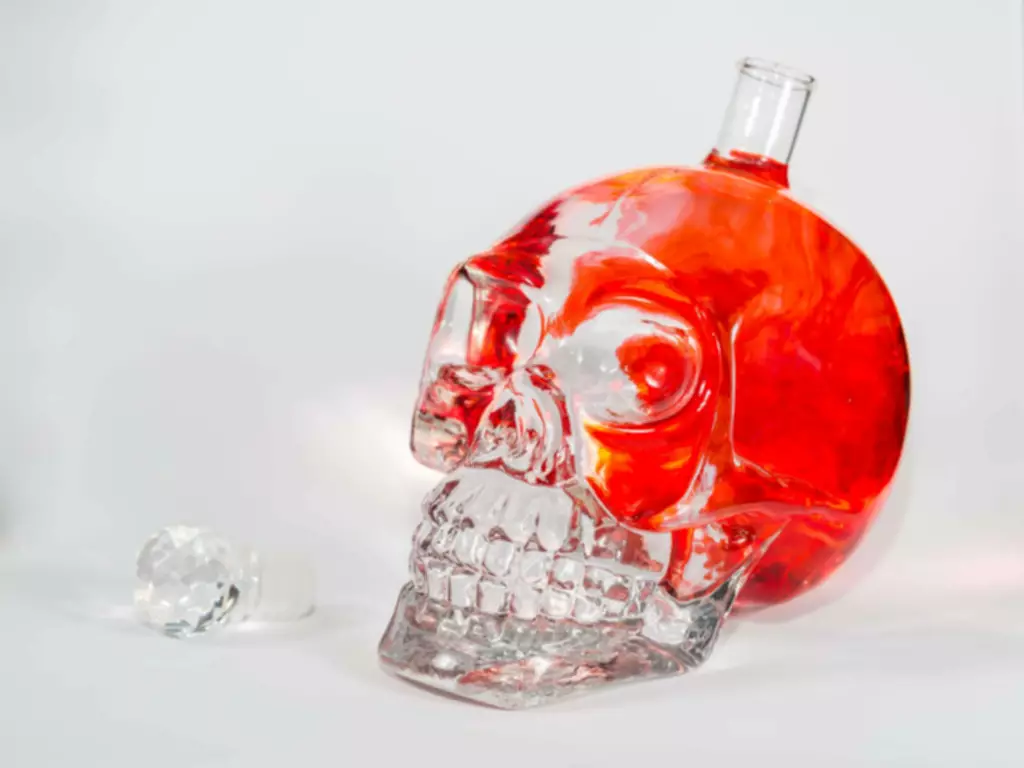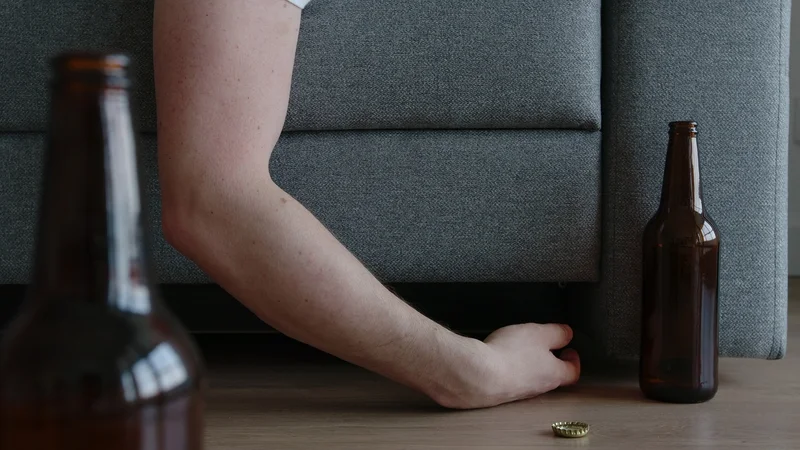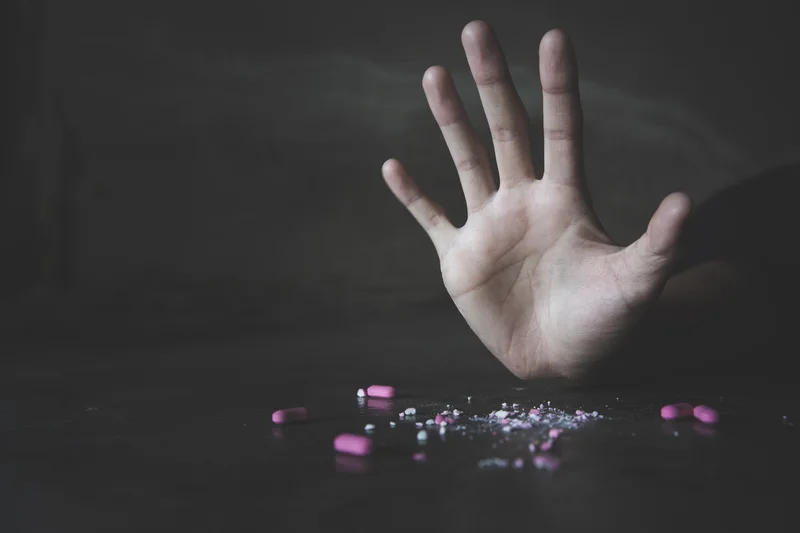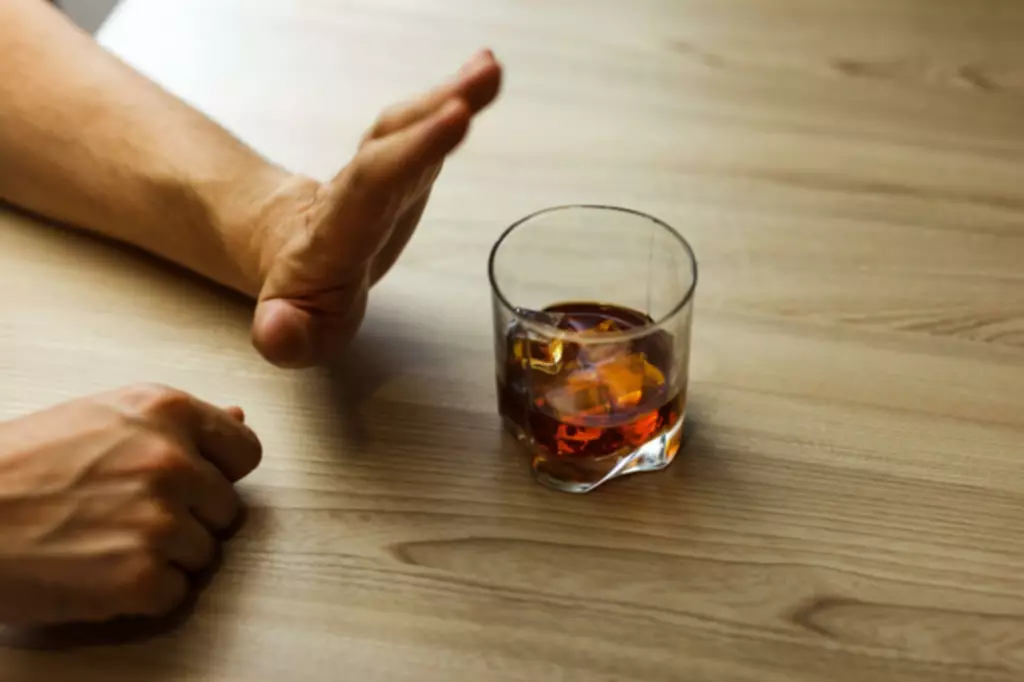
These aren’t just minor blips; they’re the early seeds cravings for alcohol of doubt, the first cracks in the grand illusion that alcohol has painted for you your entire life. You’re not alone in sensing this dissonance, and the very fact you’re here, seeking answers, puts you in an elite group ready to confront the truth. In some cases, medications may be needed in order to help manage cravings. This can be fairly common early on in the recovery process, particularly during medical detox.
Supporting Your Body: The “Kick” and Smart Reinforcements
This can be very useful in breaking mental “loops” and establishing new behavior. But the real thing is often much stronger than simply being “in the mood” for a slice of pizza or an ice cream cone (although for people with eating disorders, food cravings can be very real). Excessive drinking has numerous impacts on your body and mind, ranging from mild to severe. Learn which signs to look out for, and how to care for your well-being. A specialized therapist can work with you to identify what habits trigger your desire to drink, manage thoughts about drinking, build alcoholism symptoms drink refusal skills, and so much more.
Opioid Detox Centers in Colorado
- Placebo treated patients showed significant relapse to heavy drinking (2.4 times greater) in comparison to nalmefene treated subjects (Mason et al., 1999).
- When you first quit drinking, your cravings might be especially intense.
- From new medications to innovative therapeutic approaches, the future holds promise for even better ways to manage and overcome cravings.
- Detoxified patients were randomized into two groups that received either pregabalin (150–450mg) and naltrexone (50mg) for 16 weeks.
- When combined with counseling, this approach is proven highly effective.
- There’s usually no place more comfortable, controllable, and safe-feeling than a person’s home.
The outcomes of these medications and hormones, both positive and negative in humans are summarized in Tables – 1& 2. Alcoholism is a chronic, relapsing disorder defined by compulsive alcohol seeking, loss of control over drinking and in a negative emotional state when not drinking. The major health issue that results from binge drinking is gut leakage and organ damage.
- Instead of fighting it, you let it rise and fall without acting on it.
- Craving studies in laboratory settings are particularly important for studies that aim to better define the craving phenomenon.
- With a better understanding of the internal battle being fought, the client has a better foundation to attack the addiction.
- Quetiapine was compared with other medications after giving ethanol (7.2% v/v for 21 days).
Adrenergic Medications
Because alcohol is an immunosuppressant, some people take vitamin C to combat some health risks of alcohol use. However, there is little support in clinical studies for using vitamin C for this reason. Milk thistle is an herb related to daisies and ragweed that is sometimes used to treat liver damage, including alcoholic liver disease.


If alcohol consumption does not occur immediately, these cue-induced responses result in craving, either to experience alcohol’s pleasant, or reinforcing, effects or to avoid or alleviate the unpleasant, or aversive, effects of not drinking. Although some of these models may be more relevant to drugs other than alcohol, many characteristics (and, consequently, models) of craving overlap among various AODs. Research is needed to understand the mechanisms by which GLP-1 receptor agonists reduce alcohol cravings. Dr. Klein says that preclinical studies suggest that these effects are likely mediated in the brain and involve changes in reward processing. Your treatment might include medications to help you stop craving alcohol.12 Prescriptions like acamprosate, disulfiram, and naltrexone can decrease the urge to drink.

